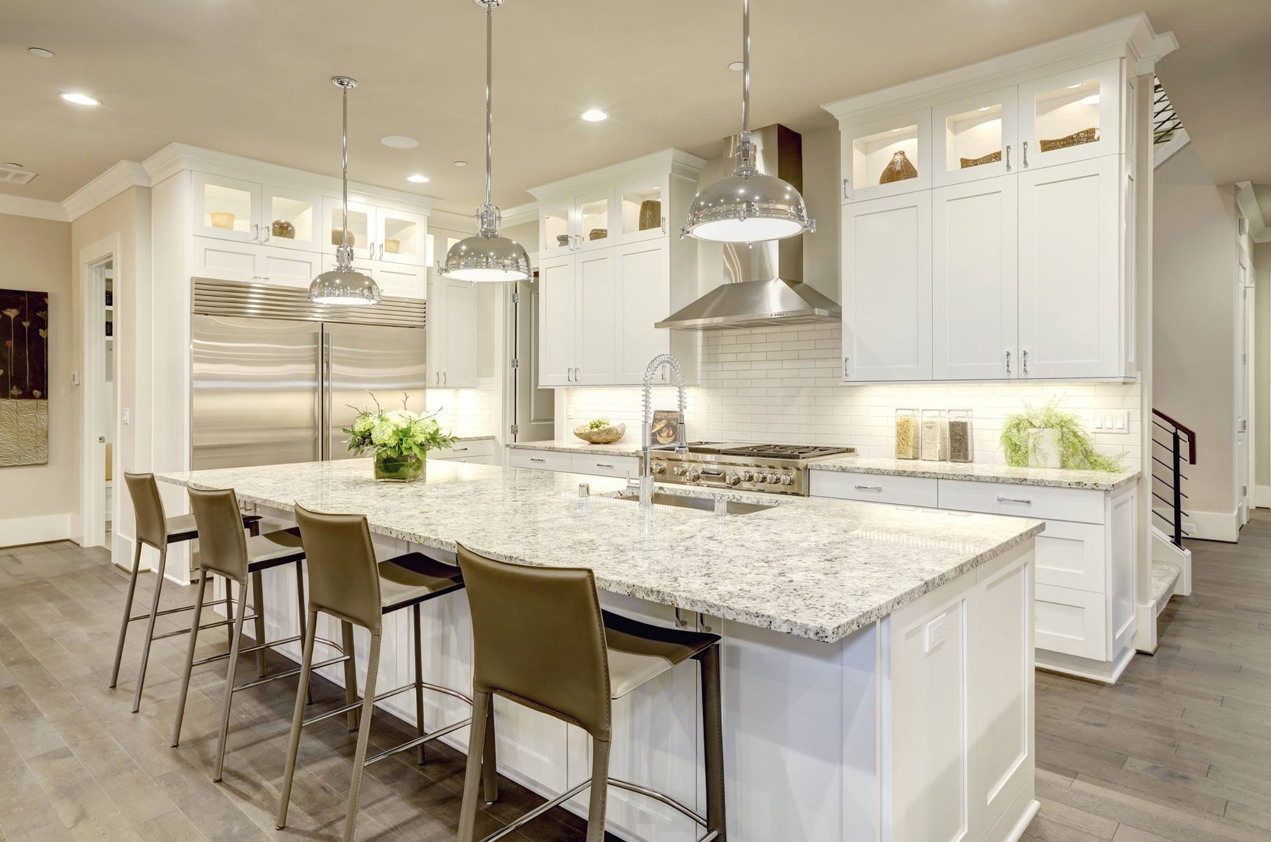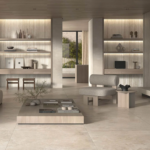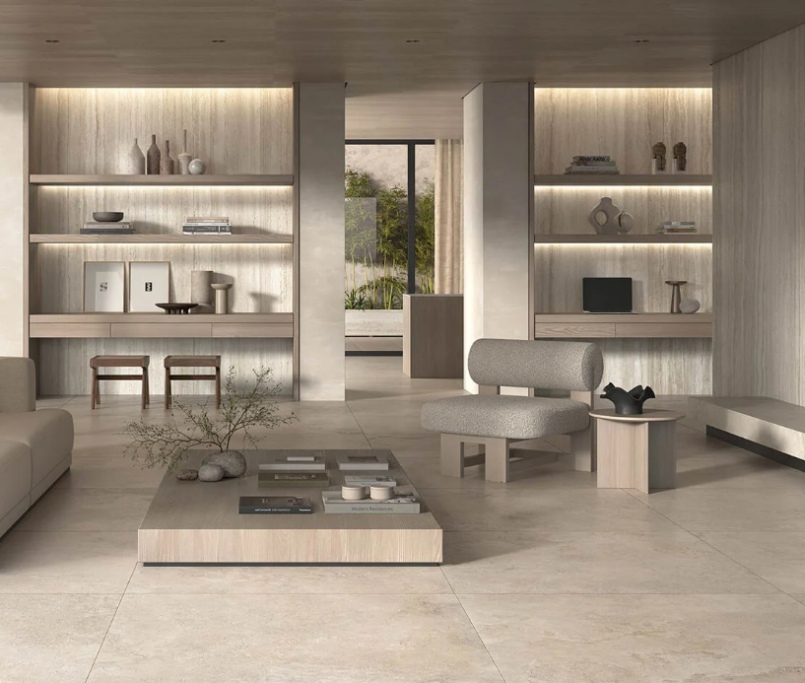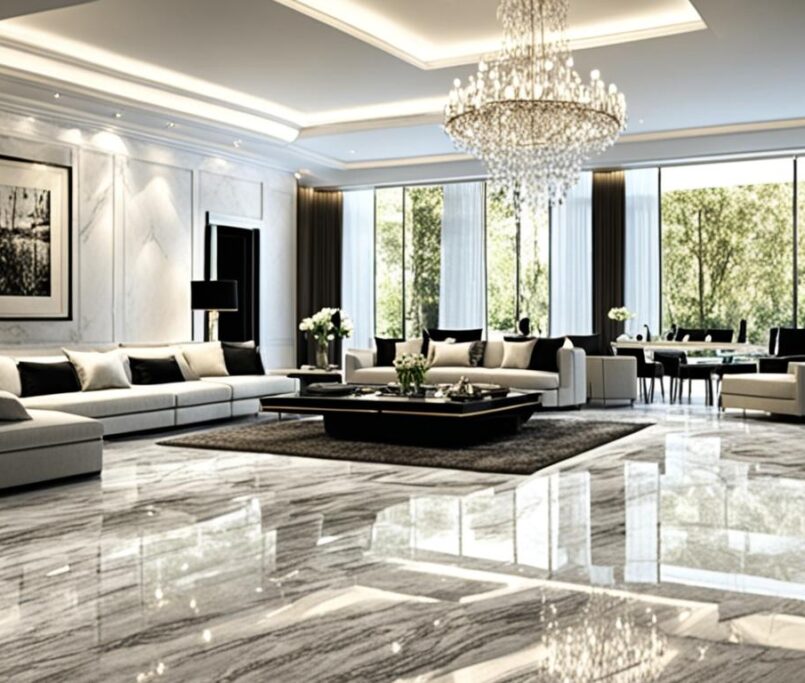Why Granite is the Ideal Choice for Durable Kitchen Countertops
Granite has long been a popular choice for kitchen countertops due to its reputation for durability, natural beauty, and heat resistance. However, while granite offers several benefits, it’s not without its drawbacks. Before you commit to granite countertops, it’s essential to consider both its advantages and potential disadvantages. In this blog, we’ll dive into the reasons why granite may not always be the ideal choice for durable kitchen countertops, and explore other alternatives that might be a better fit for your home.
1. High Maintenance: Requires Regular Sealing
While granite is often praised for its durability, it requires regular maintenance to maintain its appearance and functionality. Granite is a porous stone, meaning it can absorb liquids, which may lead to staining if not properly sealed. To protect your countertops from damage, you’ll need to reseal them regularly, often once a year. This can be an inconvenience for homeowners looking for a low-maintenance option, as failing to seal the surface properly could result in unsightly stains and potential bacterial buildup in the kitchen.
2. Susceptibility to Cracks and Chips
Despite its durability, granite isn’t invincible. Granite countertops can chip or crack, especially around the edges, if heavy objects are dropped on them or if they experience sudden impacts. This is particularly concerning in busy kitchens where accidents can happen. Repairing granite can be expensive, and in some cases, cracks may be irreparable, requiring a full countertop replacement.
3. Cost: Expensive to Install
Granite is a premium material, and that luxury comes with a high price tag. The cost of granite countertops can vary depending on the quality, color, and thickness of the stone, but it’s generally one of the more expensive countertop materials. Installation can also add to the expense since granite is heavy and requires professional handling. For homeowners on a budget, granite may not be the most cost-effective option, especially when there are more affordable alternatives that offer similar benefits without the hefty price.
4. Limited Design Options
While granite comes in a range of colors and patterns, it’s not as customizable as some other countertop materials like quartz or engineered stone. Granite slabs are limited to the natural designs formed over millions of years, which means you may not find the exact shade or pattern you’re looking for. Additionally, the variation within a single slab can make it difficult to achieve a uniform look across multiple countertops, which might not suit homeowners seeking a specific aesthetic for their kitchen.
5. Heavy Weight: Difficult to Install and Support
Granite is incredibly heavy, which can complicate the installation process. In some cases, your cabinets or kitchen island may require reinforcement to support the weight of the granite countertops. This can lead to additional costs and time delays during the installation process. If your kitchen doesn’t have the structural support for granite, opting for a lighter material like quartz or laminate might be a better choice.
6. Not as Environmentally Friendly
Granite is a natural stone, and while that can be seen as a benefit, it’s also important to consider the environmental impact of quarrying and transporting the stone. Granite is typically sourced from distant quarries, often requiring a significant amount of energy for extraction and transportation. This results in a larger carbon footprint compared to more sustainable or locally-sourced materials. For eco-conscious homeowners, granite may not align with sustainability goals.
7. Lack of Heat Resistance in Certain Conditions
Though granite is known for its heat resistance, sudden, extreme changes in temperature can cause thermal shock, which could lead to cracking. Placing a scorching hot pan directly on a cold granite countertop, for instance, may result in damage. While this risk is relatively rare, it’s something to keep in mind if your kitchen sees heavy use and frequent exposure to high heat.
8. Alternatives Offer Comparable Benefits
In recent years, alternatives to granite, such as quartz, have gained popularity due to their similar aesthetic appeal and superior durability. Quartz countertops, for example, are non-porous and don’t require sealing, making them easier to maintain than granite. They also offer a wider range of color and pattern options since they are engineered, allowing homeowners to achieve more consistent designs. Other materials like concrete, butcher block, and solid surface countertops also provide a range of benefits that may make them better suited to certain kitchens than granite.
Conclusion
While granite remains a favored option for many homeowners due to its natural beauty and reputation for durability, it’s not necessarily the ideal choice for every kitchen. The high cost, maintenance requirements, and susceptibility to damage make it worth considering other materials that might better suit your lifestyle, budget, and design preferences. With alternatives like quartz offering comparable durability with less upkeep, or concrete providing a modern, customizable look, it’s essential to weigh your options carefully before investing in granite countertops.











